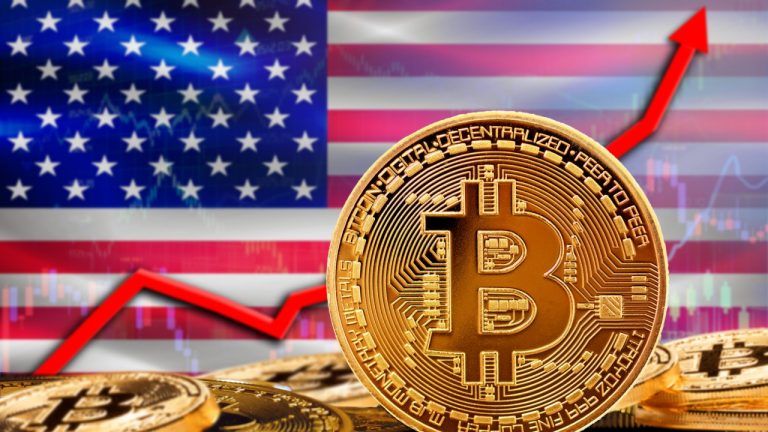
A proposed definition change by an Israeli regulator would cause immense harm to the local crypto industry, according to the CEO of Altshuler Shaham Horizon.
Proposed laws in Israel that would see cryptocurrencies classified as securities would cause huge damage to the local crypto industry, according to the chief of an Israeli crypto service provider.
Cointelegraph Magazine editor Andrew Fenton spoke with Ilan Sterk, the CEO of Altshuler Shaham Horizon. The Tel Aviv-based firm provides cryptocurrency custody and trading services and is one of the few firms in the country approved to deal with banks.
Sterk said the current legal situation for crypto in Israel is “quite complicated.”

He explained the current proposal is to have digital assets under the supervision of the Israel Securities Authority (ISA), the nation’s securities regulator.
“To classify a digital asset as a security, it’s changing everything here,” he said. Sterk didn’t think the current proposal would be enacted as is, saying he was “not sure it will be the same as they want to be,” and added:
“You cannot classify all the digital assets as securities because it will kill the industry.”
The ISA released a proposal in early January that would give the regulator sweeping new powers to police the Israeli crypto industry.
It seeks to amend the definition of securities to include “digital assets” used for financial investment. It clarified the definition of “digital assets” as a digital “representation” of value or rights used for financial investment.
The ISA also seeks powers to oversee the crypto industry, to set requirements for issuers and intermediaries and to impose sanctions for non-compliance.
Under the ISA’s proposal, issuers of digital assets would be required to publish a prospectus-like document before issuing or registering digital assets for trading.
The public has until Feb. 12 to provide comments and feedback on the matter.
Meanwhile, the Ministry of Finance laid out its recommendations for crypto industry regulations in November last year.
Related: Israeli court rules authorities can seize crypto in 150 blacklisted wallets
Among the proposals was one that would allow crypto service providers to operate in Israel, at least temporarily, if they had a parallel license from abroad.
Sterk said the proposal would “make some lives a little bit easy” regarding the operations of foreign crypto exchanges in Israel as a license in the country “can take up to two, three or four years to get.”
According to the latest January figures from the ISA, it estimated there were around 150 companies operating in the local crypto industry, and more than 200,000 Israelis invested in crypto.


